Singapore’s shipyards reflect booming FPSO trend
 |
| Singapore's Keppel shipyard |
Traditional shipyards in Singapore are benefitting from booming oil and gas business, as work orders flow in for Floating Production Storage and Offloading (FPSO) and Floating Storage and Offloading (FSO) conversions, states a new report by business intelligence experts GBI Research.
The new report cites Singapore as the location of around 70% of conversions for the FPSO industry globally, with traditional shipyards such as Keppel, Sembawang, Jurong, and ST Marine fully equipped and responding to substantial demand for FPSO conversions, in addition to the regular ship repair work orders.
In July 23, 2012, Keppel shipyard won three conversion contracts worth US$82m from Petro Vietnam Technical Services (PTSC) Asia-Pacific Pte Limited, Perenco Group, and BC Petroleum. PTSC have contracted the shipyard to convert a tanker into a FPSO unit, to be deployed in the Thang Long and Dong Do oil fields in the Cuu Long Basin offshore of Vietnam, with a scheduled completion date of late 2013.
The contract with Perenco involves the conversion of a tanker into an FSO unit to be deployed in the Lucina field offshore of Gabon in 2013, and the contract with BC Petroleum involves the conversion of a tanker into an Early Production Vessel (EPV) to be deployed in the Balai Cluster oil fields in offshore Malaysia. Keppel is already engaged in six FPSO and FSO contracts.
Oil and gas majors globally possess single hulled tankers that provide the perfect utility as converted FPSO vessels, which represent an ideal choice for marginal fields or small reserves where the amount of capacity required is low.
Conversion of a single hulled tanker into a FPSO unit costs around 10% of the cost of building a brand new unit, as costs and time needed for engineering, construction, outfitting and commissioning are reduced a great deal, and materials and basic structural design are already present.
The ‘fast-track conversion’ is very popular, taking under a year to complete, enabling firms to bring high-priority offshore reserves to production in previously unheard of timescales.
However, FPSOs and FSOs deteriorate more rapidly than fixed platform structures, and their technical complexity require regular maintenance procedures to ensure smooth-running operations.
Over 35 FPSOs worldwide are approaching the middle or end of their design life, and the limited numbers of onboard personnel able to perform maintenance operations affects the upkeep of these aging vessels. Cost effective integrity programs are therefore urgently needed in order to increase the functional life of these assets. < Korea Shipping Gazette >
많이 본 기사
- 신년특집 기획/ 새해 컨시장 기상도 유럽 상승 vs 북미 혼조컨운임지수 넉달만에 2500선 넘어…6주 연속↑中 코스코, 벌크선 최대 18척 발주…선단확충 속도페덱스, 페덱스프레이트 분리한다…“소량트럭화물 시장 선도할 것”케이씨티시, 대한민국해양연맹에 1억원 기부BDI 1015포인트…케이프·수프라막스선 하락세 이어져건강칼럼/ 급성기관지염, 자주 재발하면 천식으로 이어질까?해운협회, 부산항내 중대재해 예방 안전캠페인해운조합, 전환교통지원사업 24일까지 공모‘무사고 무재해 염원’ 부산항 안전기원제 개최
- 여수해경, 해양환경관리 모범선박 예인선 <세진 101>호 선정경기평택항만공사, 평택·당진항 배후단지 업무편의시설용지 분양부음/ 한국선급 최원준 부사장 모친상인천신항 선광신컨테이너터미널, 전기구동 야드트랙터 13대 도입태웅로직스, 한화토탈에너지스 우수 파트너사 선정관세청, 설맞아 수출입화물 선적지원·24시간 통관등 특별대책 시행대한조선, 그리스 선사 발주 석유제품운반선 4척 동시명명인사/ 우진글로벌로지스틱스상하이항 5000만TEU·싱가포르항 4000만TEU 나란히 돌파롯데글로벌로지스, ‘소비자불만해결 우수사업자’ 선정





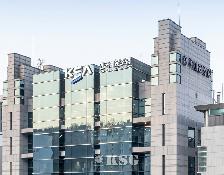
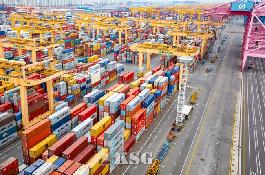
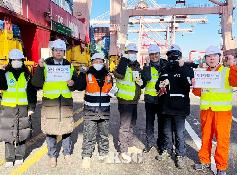
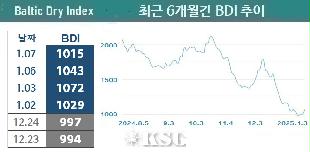

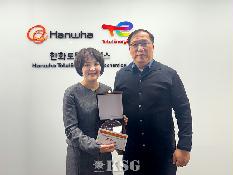

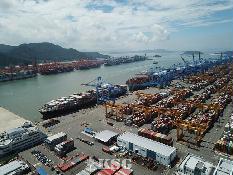
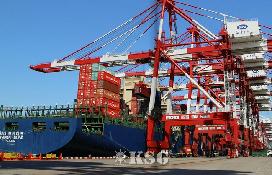
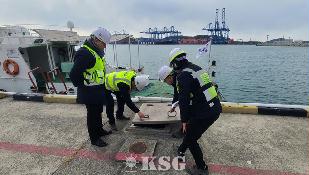
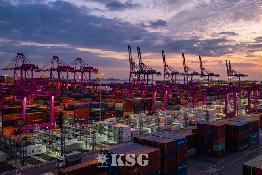
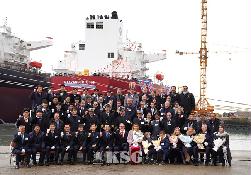

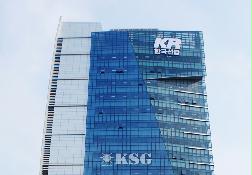
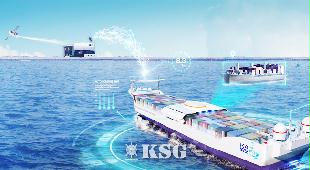

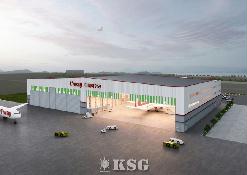
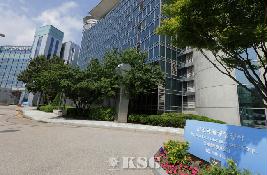

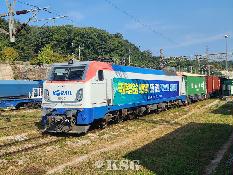
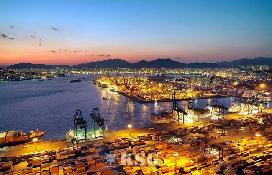
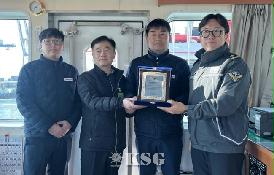
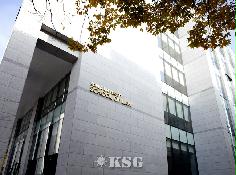
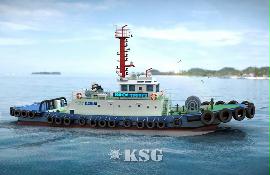

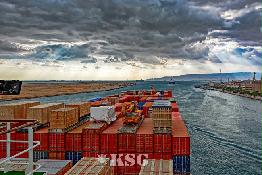








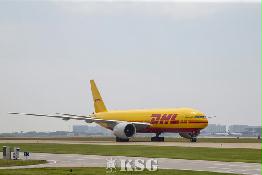
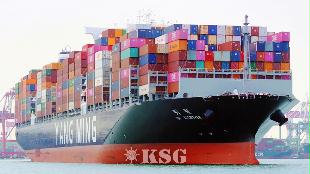
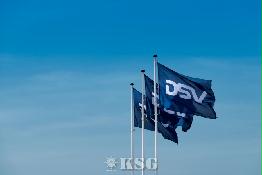
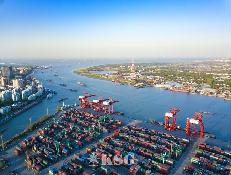
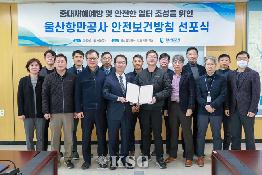





















0/250
확인